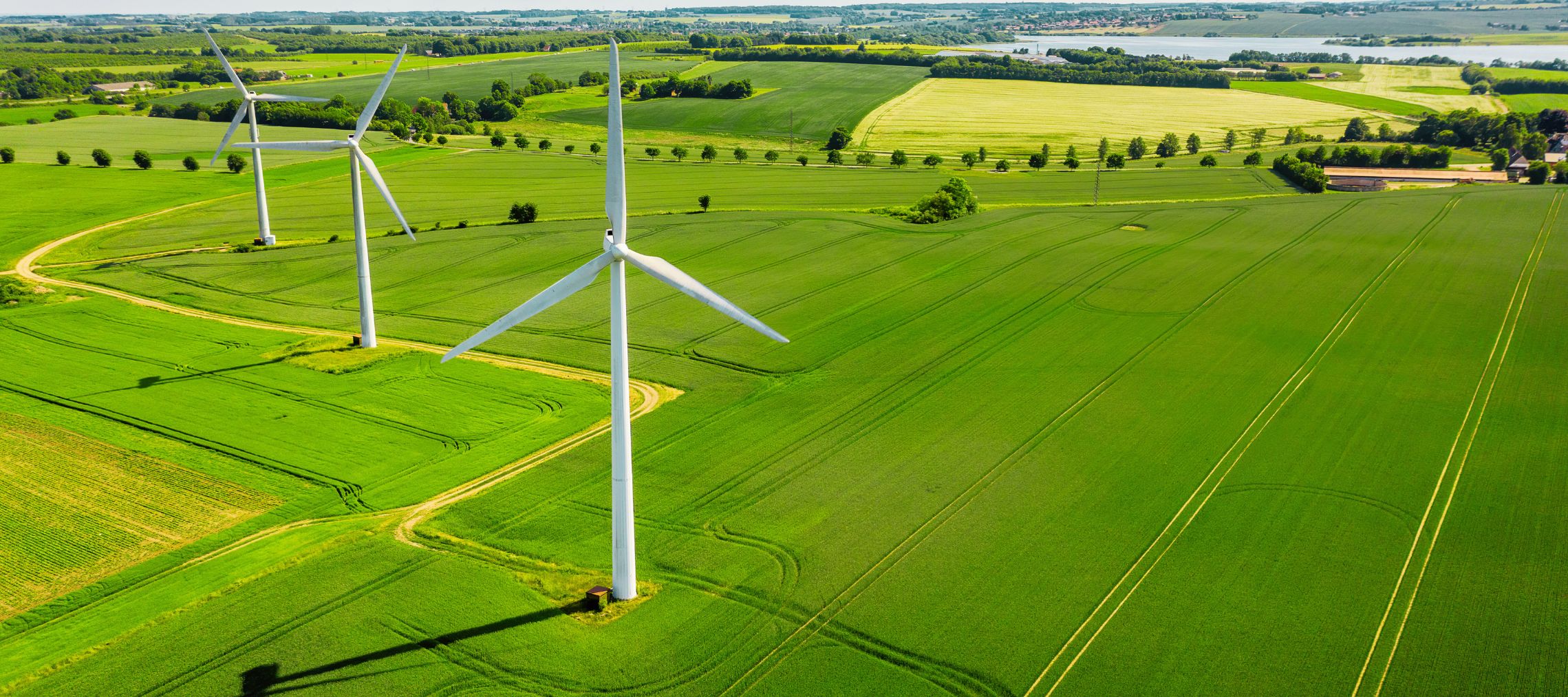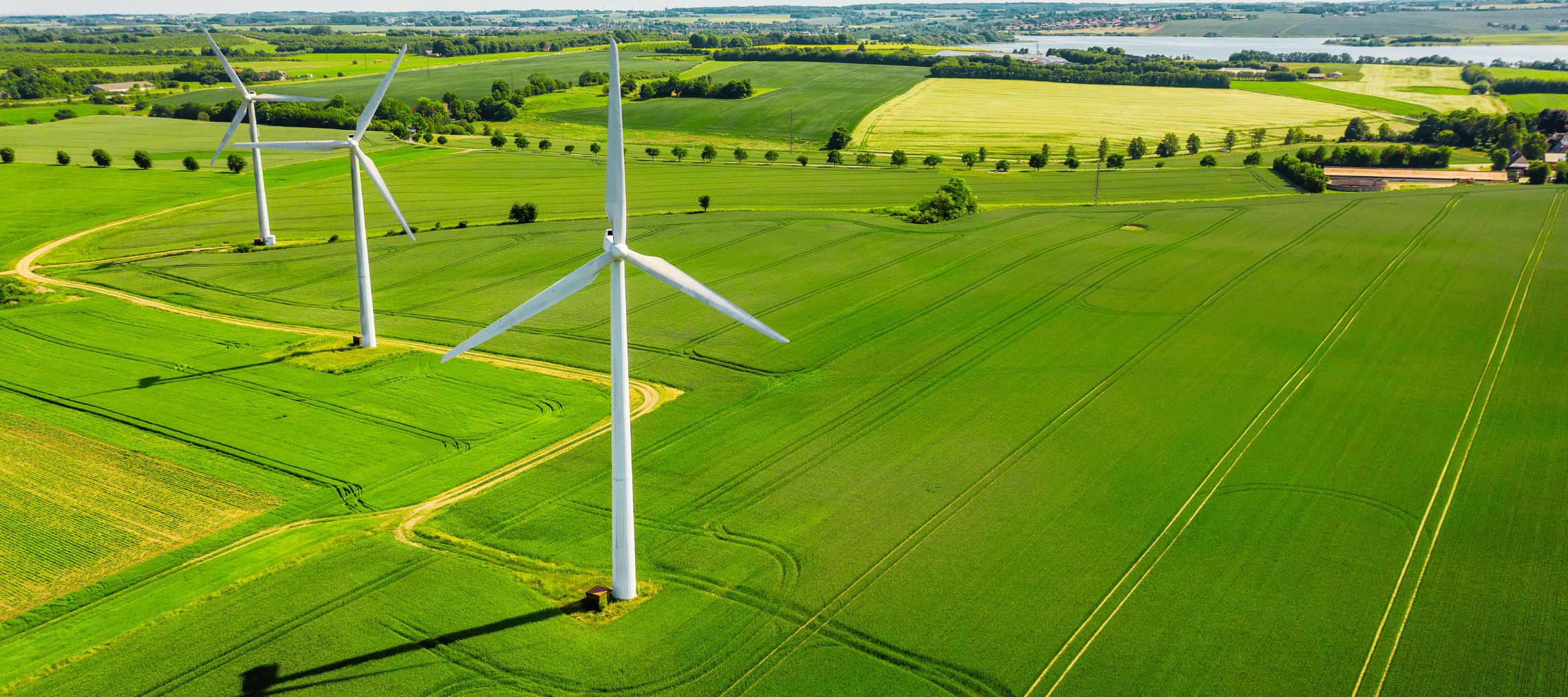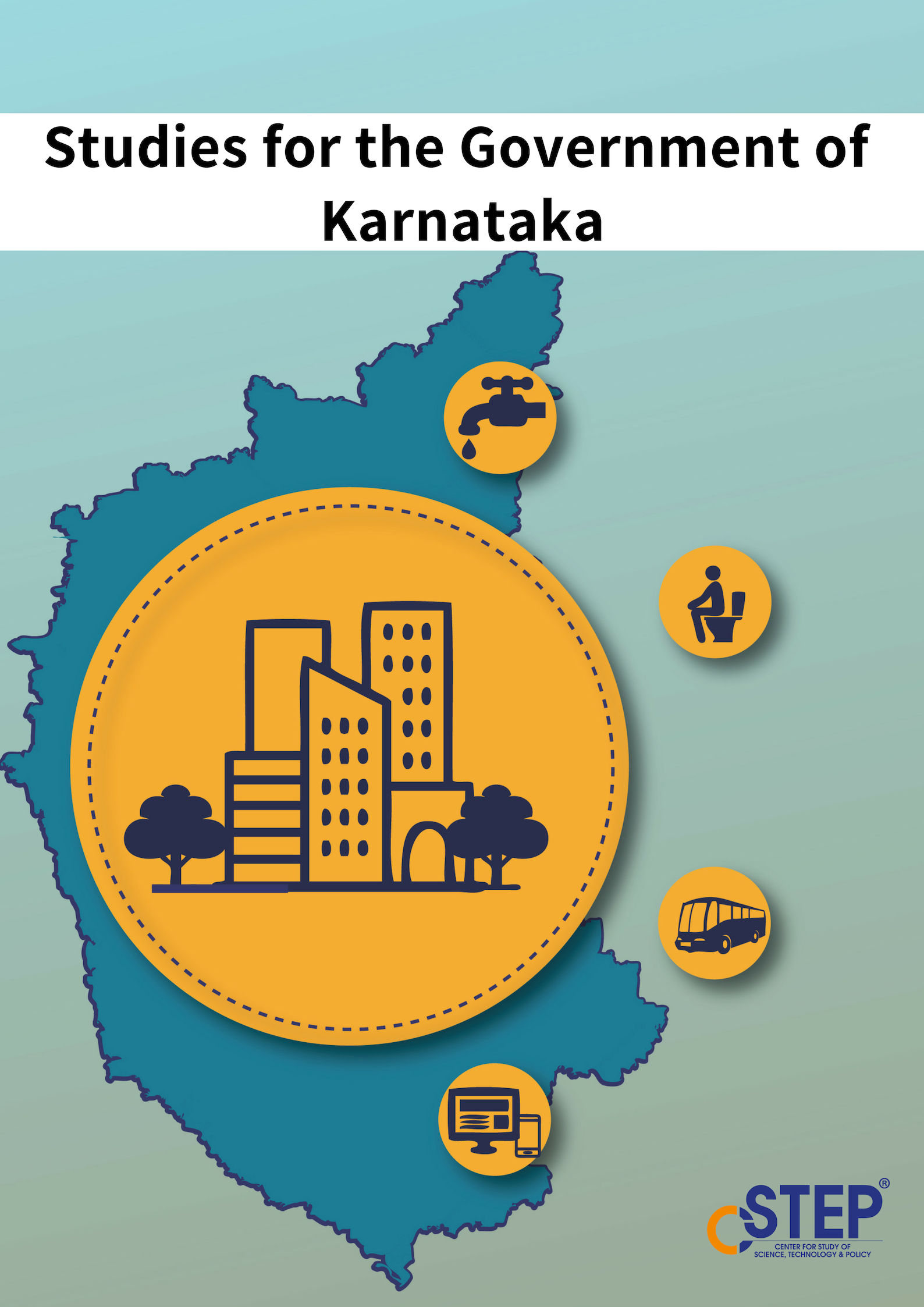Fossil fuels are deeply tied to electricity generation, industrial operations, and transportation among other crucial sectors and cannot be easily dissociated from energy use. CSTEP focuses on a greater integration of renewables and reduction of waste energy in such sectors. This includes working with utilities to improve rooftop solar penetration, mapping potential of various renewables across the country, and analysing energy usage of MSMEs to reduce their fossil fuel consumption.






How Supportive are Indian EV Policies to Charging Infrastructure in Order to Power the Mobility Transition?
It is known that adequate and accessible electric vehicle (EV) charging infrastructure is a necessary precondition for the mass adoption of EVs in India. To support an electric mobility future, governments must focus on building the necessary charging infrastructure – one that supports the target vehicle numbers it hopes to achieve. Even though there is no perfect EV to charging station ratio to aim for, every country will have to design fit-for-purpose solutions to cater to their electric mobility needs.
Climate Change Could Disrupt Transition to Renewable Energy
The draft Karnataka Renewable Energy Policy 2021-2026, issued by the Karnataka Renewable Energy Development Limited recently, targets developing 20 GW of renewable energy (RE) projects in the state with and without energy storage. The state plans to build RE parks and develop solar, wind, solar–wind hybrid, biomass, waste-to-energy, and mini and small hydro energy projects. Among various projects, the promotion of rooftop and floating solar projects is also planned.
Assessment Framework to Identify Location for Public Charging Stations
Karnataka is at the forefront of the EV revolution in India, with the state government’s Karnataka Electric Vehicle and Energy Storage Policy, 2017, targeting 100% EV penetration in the IPT segment in Bengaluru by 2030. Though the current share of passenger transport vehicles (three-wheelers, cabs, and public buses) of the total registered vehicles in Bengaluru is ~10%, the daily distance travelled by these vehicles is significantly high (private cars and two-wheelers run ~10 km and autorickshaws/cabs run ~150–300 km per day).
Smart Metering: A Status Check
The power sector is in the throes of a transition. This change is being driven mainly by renewable energy integration, energy storage technologies to support the renewables, and smart meters. By tracking electricity usage round the clock, smart metering facilitates dynamic pricing (raising or lowering the cost of electricity based on need), helping distribution companies (DISCOMs) cut down on commercial losses.
Beyond ACs and Fans - The Alternative Space Cooling Route!
The Sixth Assessment Report by the Intergovernmental Panel on Climate Change (IPCC) projects intense heatwaves in India, with longer durations and at an increasing frequency. This doesn’t bode well for the country which has a predominantly tropical climate and cooling is constantly required to maintain comfortable indoor spaces.
India's Journey Towards 450 GW
In his address to the nation on the occasion of the India’s 75th Independence Day, the Prime Minister mentioned that we have crossed the milestone of 100 GW of installed renewable energy (RE) capacity. Out of 100 GW RE, 40 GW is accounted for by wind power, 44 GW by solar, and the rest by small hydro, waste-to-energy, and biomass projects. The government had initially set an ambitious target of 175 GW of RE by 2022, which was later increased to 450 GW by 2030.
Emerging Technologies to Enhance Large-scale PV Project Performance
In order to improve the plant performance there could be multiple focus areas, right at the plant design stage to integration stage to achieve optimized plant performance. It is important for developers, EPC Contractors, O&M service providers to consider various options/ strategies to increase their plant yield at a minimal cost. Knowledge about the performance of solar power plants results in correct investment decisions and better regulatory framework, technical enhancement of solar photovoltaic technology.